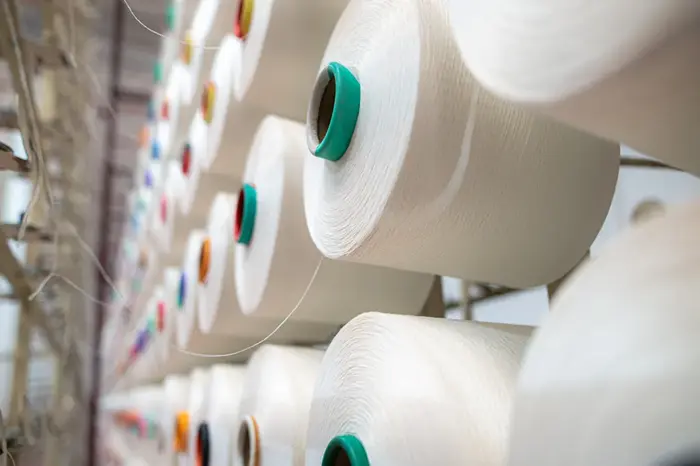Despite increasing regulatory pressure for sustainable practices, major fashion brands are still heavily relying on synthetic fibers, according to a report released Tuesday by the nonprofit Changing Markets Foundation.
The study examined 50 companies across fast fashion, sports, and luxury sectors, revealing that Inditex, the owner of Zara, has the highest volume of synthetic fiber usage among those surveyed. Notably, Inditex’s use of fossil-based fabrics has surged by nearly 20% since the last assessment. Meanwhile, Shein topped the list with 82% of its material output derived from synthetic sources.
Out of the 23 companies that provided detailed information, 11 reported an increase in their reliance on fossil fuel-based fabrics, primarily polyester, while only three indicated a reduction in their use of these materials.
The research was conducted by Changing Markets Foundation in collaboration with organizations such as the Clean Clothes Campaign, Fashion Revolution, No Plastic In My Sea, and the Plastic Soup Foundation. Data was collected through a survey sent to fashion brands and from publicly available company information.
However, the report noted a troubling trend in corporate transparency: 54% of the companies contacted did not respond fully or partially to the survey, an increase from 44% in 2022 and 17% in 2021. Among the 50 companies evaluated, only six, including Inditex, Lululemon, Mango, and Nike, publicly disclose their synthetic fiber usage.
The report’s authors criticized the growing “corporate secrecy” surrounding synthetic fiber use, emphasizing that synthetic fibers now account for 69% of global textile production, with projections suggesting this figure could rise to 73% by 2030. They argued that the affordability and versatility of synthetic materials, especially polyester, have contributed to the rapid expansion of fast fashion, perpetuating a cycle of consumption and disposal.
Related Topics:
How To Wear Jeans In The Summer?
How to Wear a Black Blazer with Jeans

